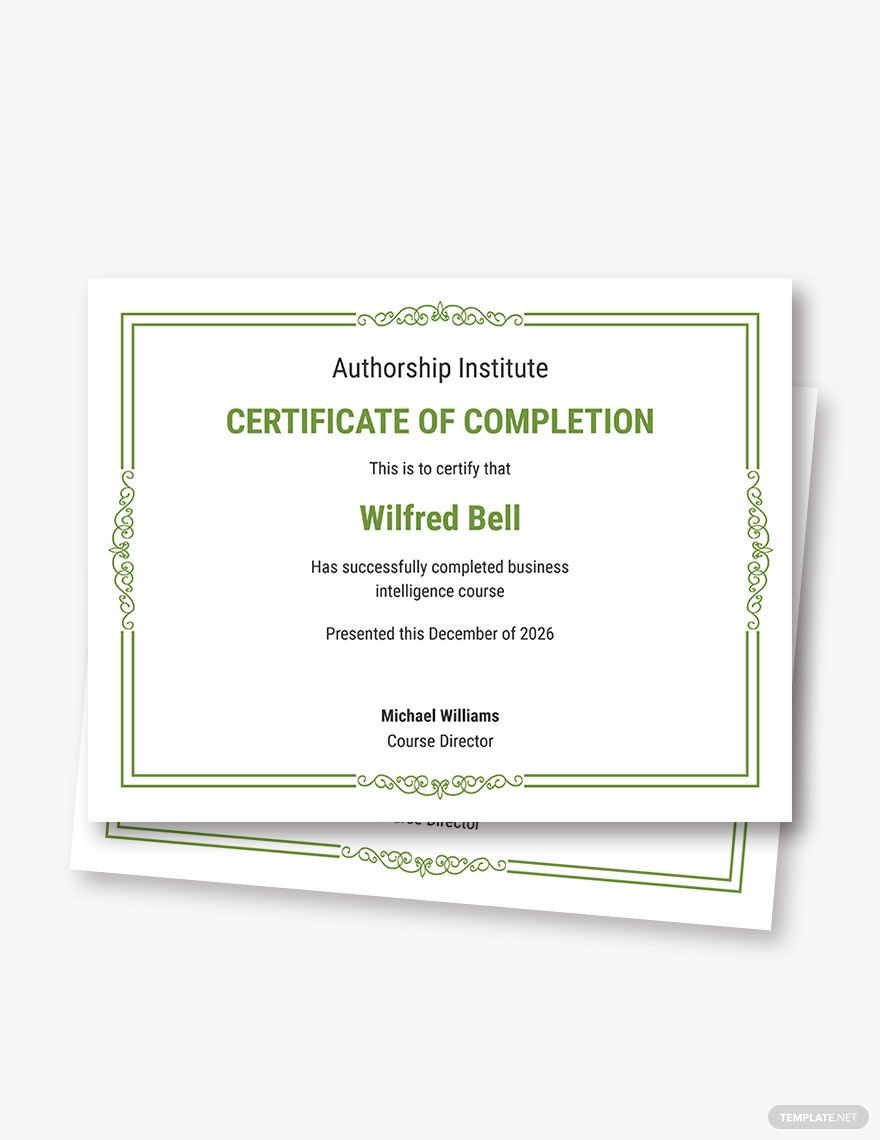What is Car Accident Tinnitus?
Car accidents involve a lot of forces and these forces can be transmitted to one’s head and neck. In some cases, these forces can damage the delicate structures of the inner ear, leading to a condition known as tinnitus. Tinnitus is a ringing or buzzing sound in the ears that can range from a mild annoyance to a debilitating condition that impairs daily life and prevent a person to enjoy life. The sounds can be constant or intermittent, and they can vary in pitch and volume. While tinnitus can be caused by a variety of factors, including earwax buildup, exposure to loud noise, and certain medications, car accidents are a common cause of this condition.
Tinnitus can be a distressing symptom, but it’s important to remember that it’s not a sign of serious damage to the brain. That being said, it’s important to see a doctor if you experience tinnitus after a car accident. The doctor can rule out any underlying medical conditions and recommend treatment options to help manage the symptoms.
There is no cure for tinnitus, but there are a number of treatments that can help to relieve the symptoms. Treatment options may include sound therapy, masking devices, and medications. In some cases, surgery may be necessary to correct the underlying cause of the tinnitus.
If you’re experiencing tinnitus after a car accident, don’t hesitate to seek medical attention. The sooner you get treatment, the better your chances of managing the symptoms and improving your quality of life.
Car Accident Tinnitus: A Silent Torment After the Crash
Imagine experiencing a persistent ringing, buzzing, or humming in your ears after a car accident. That’s tinnitus, a common yet frustrating condition that can severely disrupt your life. But how does a traumatic event like a car crash trigger tinnitus? Let’s delve into the mechanics behind this distressing phenomenon.
How Does a Car Accident Cause Tinnitus?
The sudden impact of a car accident can wreak havoc on the delicate structures of your inner ear, the organ responsible for hearing. The force of the crash can damage the tiny hair cells in the cochlea, the snail-shaped structure that converts sound waves into electrical signals that are then transmitted to your brain. When these hair cells are damaged, they can send abnormal signals to the brain, resulting in the perception of phantom sounds like tinnitus.
Additionally, the impact of the accident can also disrupt the flow of blood to the inner ear, leading to oxygen deprivation and further damage to the hair cells. In some cases, the accident may even cause a rupture in the eardrum, allowing fluid to leak into the inner ear and exacerbate tinnitus symptoms.
The Burden of Tinnitus: A Silent Struggle
Tinnitus can manifest in various forms, from a faint ringing to a loud buzzing that drowns out other sounds. Its intensity and pitch can fluctuate, and it can be intermittent or constant. While tinnitus itself is not life-threatening, it can significantly impact your quality of life.
For many, tinnitus becomes a constant companion, disrupting sleep, impairing concentration, and interfering with日常 activities. It can lead to anxiety, depression, and social withdrawal. The constant noise can feel like an unrelenting torment, leaving sufferers feeling isolated and desperate.
If you’ve experienced tinnitus after a car accident, know that you’re not alone. Tinnitus affects millions of people worldwide, and while there is no cure, there are effective treatments available to help manage the condition and alleviate its distressing symptoms.
Car Accident Tinnitus: A Ringing Reminder of Trauma
Imagine a constant ringing, buzzing, or hissing in your ears – a relentless soundtrack that follows you everywhere you go. This is the plight of those afflicted with tinnitus, a condition often triggered by the jarring impact of a car accident. While the exact cause remains elusive, experts believe the sudden and violent force can damage delicate structures within the inner ear, leading to this debilitating condition.
Diagnosis of Car Accident Tinnitus
Diagnosing car accident tinnitus requires a comprehensive approach involving:
- Medical history review: The doctor will ask about your accident, symptoms, and any pre-existing ear conditions.
- Physical examination: The doctor will examine your ears for signs of injury or abnormalities.
- Hearing test: An audiogram measures your hearing ability to assess any hearing loss or changes in sound perception.
- Imaging tests: In some cases, the doctor may order an MRI or CT scan to visualize the inner ear structure and rule out any underlying medical conditions.
Treatment Options for Car Accident Tinnitus
Unfortunately, there is no known cure for car accident tinnitus. However, there are several treatments that can help manage the symptoms:
- Hearing aids: These devices can amplify sound and make it easier to hear above the tinnitus.
- Masking: Using white noise or other soothing sounds can help drown out the ringing.
- Cognitive-behavioral therapy: This therapy helps you develop coping mechanisms and reduce the emotional distress caused by tinnitus.
Coping with Car Accident Tinnitus
Dealing with tinnitus can be challenging, but it’s important to remember you’re not alone. Here are some tips for coping:
- Seek support: Connect with others who have tinnitus through support groups or online communities.
- Practice relaxation techniques: Activities like meditation, yoga, or deep breathing can help reduce stress and anxiety.
- Protect your ears: Minimize exposure to loud noises and wear earplugs in noisy environments.
Car accident tinnitus can be a constant reminder of a traumatic event. Yet, with the right diagnosis and treatment, it’s possible to find relief and regain a sense of peace.
Car Accident Tinnitus
After a car accident, the loud, incessant ringing in your ears can be maddening. Known as tinnitus, this condition is a common side-effect of head and neck injuries, and it can persist for weeks, months, or even years. While there isn’t a definitive cure for tinnitus, there are a number of treatment options that can help you manage the symptoms.
Causes of Car Accident Tinnitus
The exact cause of tinnitus is unknown, but it’s thought to be related to damage to the hair cells in the inner ear. These hair cells are responsible for converting sound waves into electrical signals that are then sent to the brain. When these hair cells are damaged, they can send out abnormal signals, resulting in the perception of tinnitus.
Symptoms of Car Accident Tinnitus
The most common symptom of car accident tinnitus is a ringing, buzzing, or hissing sound in the ears. However, some people may also experience other symptoms, such as:
- Difficulty hearing
- Dizziness
- Headaches
- Neck pain
- Fatigue
Treatment of Car Accident Tinnitus
Treatment for car accident tinnitus can vary depending on the severity of the condition. In some cases, tinnitus will resolve on its own within a few weeks or months. However, if you’re experiencing persistent tinnitus, you may benefit from one or more of the following treatments:
-
Medications: Certain medications, such as antidepressants and anti-anxiety medications, can help to reduce the symptoms of tinnitus. These medications can work by masking the sound of tinnitus or by reducing the brain’s reaction to the sound.
-
Hearing aids: Hearing aids can be used to amplify environmental sounds, making the sound of tinnitus less noticeable. Hearing aids can also help to reduce the risk of hearing loss, which is a common side-effect of tinnitus.
-
Sound therapy: Sound therapy is a technique that uses white noise, pink noise, or other soothing sounds to mask the sound of tinnitus. Sound therapy can be administered through headphones or through a sound machine placed near the bed.
-
Cognitive-behavioral therapy: Cognitive-behavioral therapy (CBT) is a type of talk therapy that can help you to change the way you think about tinnitus and to develop coping mechanisms for managing the condition. CBT can help you to reduce the emotional distress associated with tinnitus and to improve your quality of life.
-
Tinnitus retraining therapy: Similar to CBT, tinnitus retraining therapy (TRT) focuses on changing the way you perceive tinnitus and react to it. With TRT, a sound therapist will use a combination of sound therapy and counseling to help you habituate to tinnitus, making it less bothersome. TRT typically involves daily use of a sound generator, which emits a white noise-like sound, and regular counseling sessions to enhance the habituation process. This approach aims to reduce the perceived loudness and annoyance associated with tinnitus by making the brain less sensitive to it. The brain is gradually trained to ignore the sound, much as it can learn to ignore other background noises like a ticking clock or a running fan. Through TRT, you’ll learn to shift your focus away from the tinnitus and toward other sounds.
Car Accident Tinnitus: The Silent Sufferer
Car accidents can be life-altering experiences, leaving victims with physical and emotional trauma that can linger long after the initial impact. One often-overlooked consequence of a car accident is tinnitus, a condition characterized by a persistent ringing, buzzing, or hissing sound in the ears. This condition can significantly impact a person’s quality of life, affecting their sleep, concentration, and overall well-being.
Understanding the Link
The connection between car accidents and tinnitus is complex. When a person is involved in a car accident, the sudden and forceful impact can damage the delicate structures of the inner ear, including the cochlea and the auditory nerve. This damage can disrupt the normal transmission of sound signals to the brain, leading to the perception of tinnitus.
Symptoms and Diagnosis
Tinnitus symptoms can vary greatly in severity and duration. For some, it may be a faint, intermittent noise, while for others, it can be a constant and debilitating roar. The sound can range from a high-pitched ringing to a low-frequency hum. Diagnosis of tinnitus typically involves a comprehensive medical examination, including a hearing test and an examination of the ear canal.
Treatment Options
Unfortunately, there is no definitive cure for tinnitus. However, there are a range of treatment options available to manage the symptoms and improve the patient’s quality of life. These include:
- Sound therapy: This involves listening to white noise, nature sounds, or music to mask the tinnitus and make it less noticeable.
- Tinnitus retraining therapy: This cognitive-behavioral approach aims to change the way the brain perceives tinnitus, making it less bothersome.
- Medication: Certain medications, such as antidepressants and anticonvulsants, can help suppress tinnitus in some cases.
Preventing Car Accident Tinnitus
While not all car accidents can be prevented, there are measures you can take to significantly reduce your risk. Here are a few tips:
1. Wear Your Seatbelt
Buckling up is the single most effective way to protect yourself from injury in a car accident. Seatbelts help keep you in place and prevent your head from hitting the steering wheel or windshield, which can cause damage to the inner ear.
2. Avoid Distracted Driving
Distracted driving, such as texting, talking on the phone, or eating, is a major cause of car accidents. When you’re distracted, you’re less likely to notice hazards and react in time, which can lead to a crash.
3. Obey Speed Limits
Speeding increases your risk of a severe car accident. The faster you drive, the greater the impact force will be if you’re involved in a collision. This can increase your chances of suffering ear damage and tinnitus.
4. Drive Defensively
Always be aware of your surroundings and anticipate the actions of other drivers. Leave ample space between you and the car in front of you, and be prepared to brake or swerve to avoid potential hazards.
5. Get Regular Vehicle Maintenance
A well-maintained vehicle is less likely to experience mechanical failures that could lead to an accident. Regular maintenance includes checking and maintaining your tires, brakes, and other critical components.
6. Take Breaks on Long Drives
If you’re driving for an extended period, make sure to take regular breaks to rest and stretch your legs. Fatigue can impair your judgment and reaction time, increasing your chances of an accident. As a general rule, stop for 15 minutes every 2 hours or 100 miles. Get out of the car and walk around to get your blood flowing and clear your head.




Leave a Reply